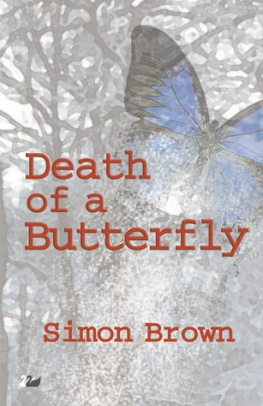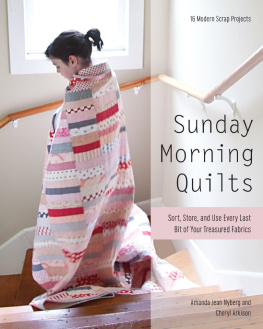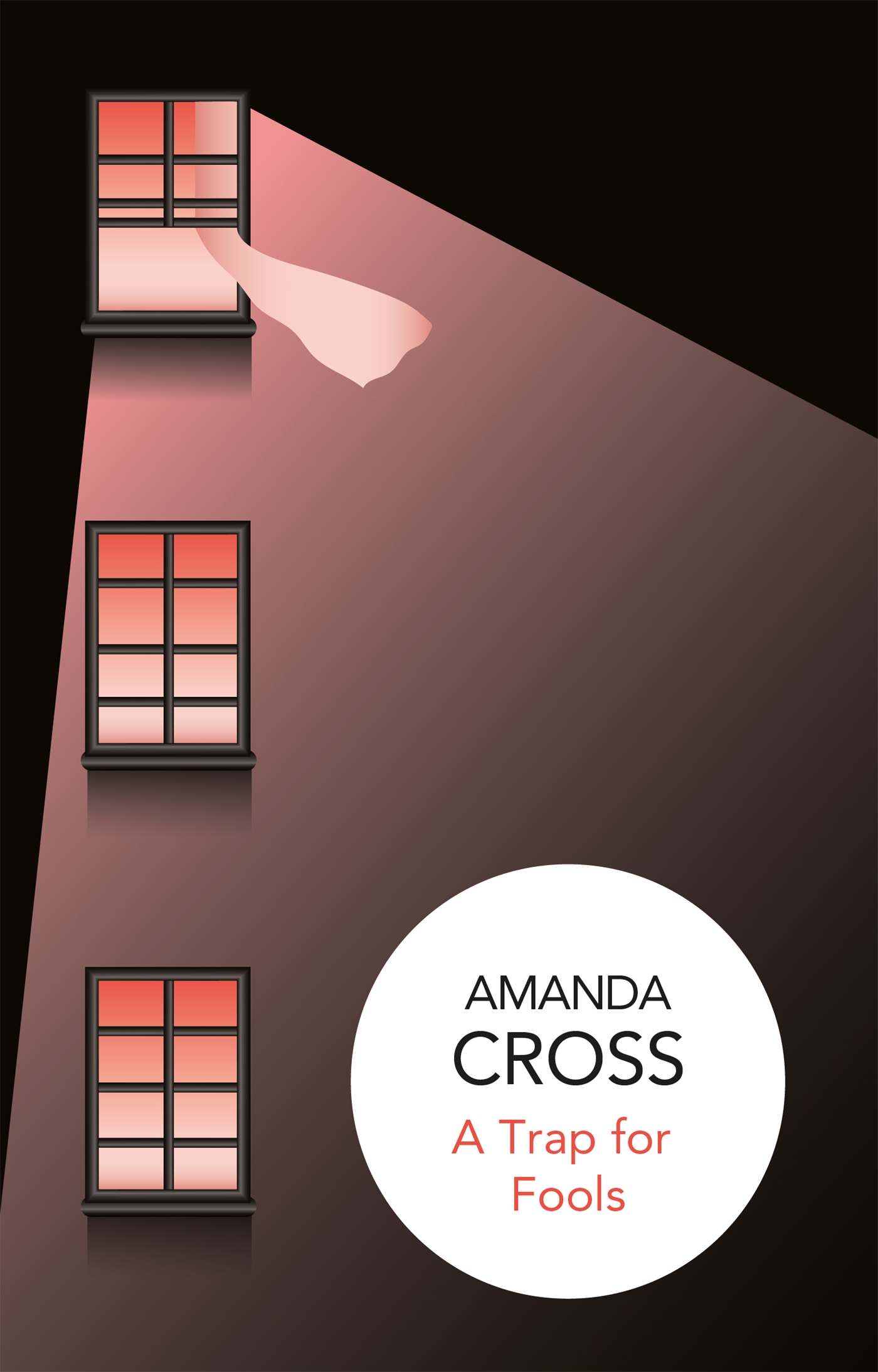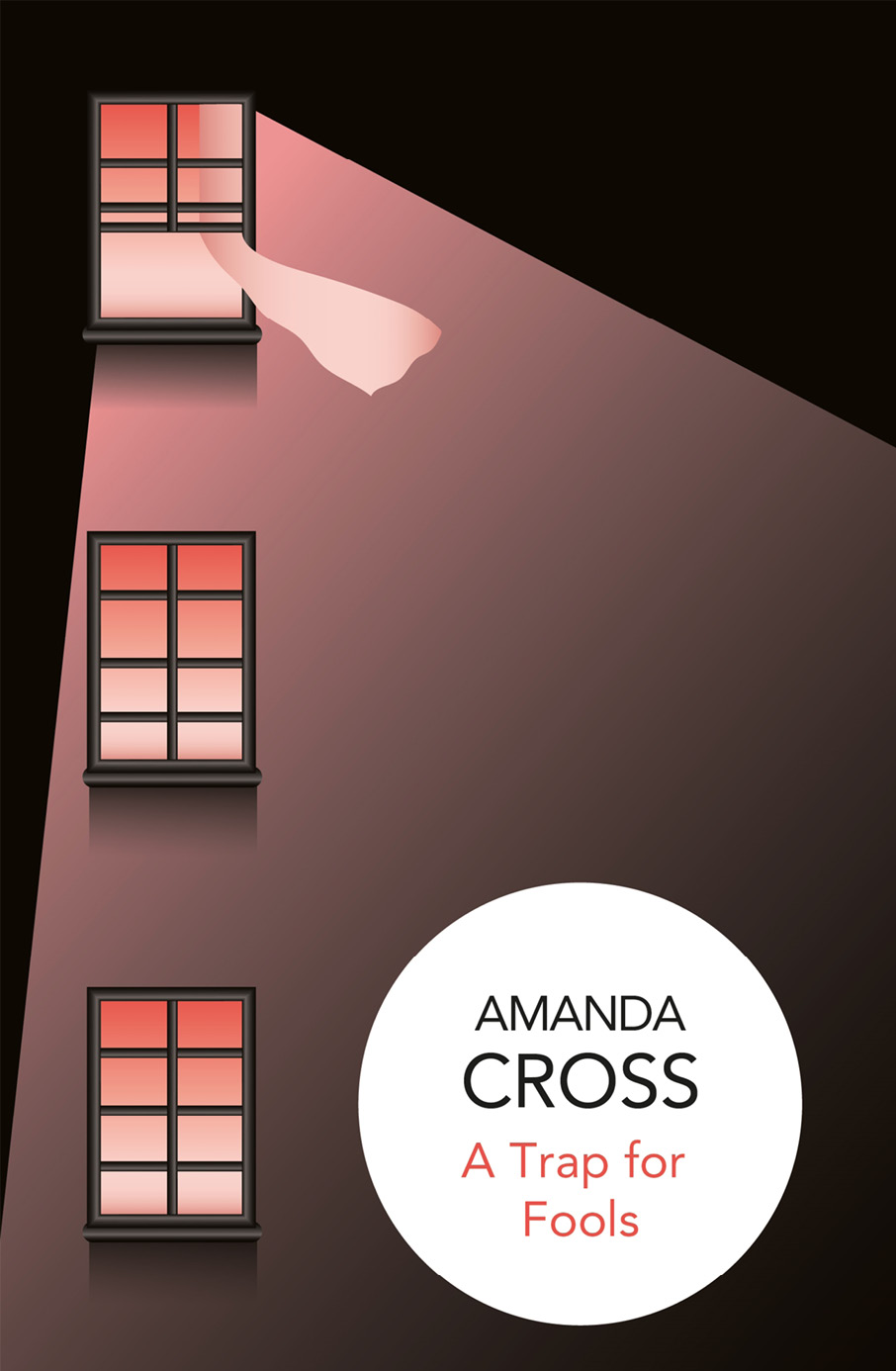ebreak
Amanda Cross
A TRAP FOR FOOLS

ebreak
Contents
ebreak
Also by Amanda Cross
and available from Bello
In the Last Analysis
The James Joyce Murder
Poetic Justice
The Theban Mysteries
The Question of Max
No Word from Winifred
A Trap for Fools
The Players Come Again
ebreak
IF
If you can keep your head when all about you
Are losing theirs and blaming it on you,
If you can trust yourself when all men doubt you,
But make allowance for their doubting too;
If you can wait and not be tired by waiting,
Or being lied about, dont deal in lies,
Or being hated, dont give way to hating,
And yes dont look too good, nor talk too wise:
If you can dreamand not make dreams your master;
If you can thinkand not make thoughts your aim;
If you can meet with Triumph and Disaster
And treat those two impostors just the same;
If you can bear to hear the truth youve spoken
Twisted by knaves to make a trap for fools,
Or watch the things you gave your life to, broken,
And stoop and build em up with worn-out tools:
If you can make one heap of all your winnings
And risk it on one turn of pitch-and-toss,
And lose, and start again at your beginnings
And never breathe a word about your loss;
If you can force your heart and nerve and sinew
To serve your turn long after they are gone,
And so hold on when there is nothing in you
Except the Will which says to them: Hold on!
If you can talk with crowds and keep your virtue,
Or walk and Kindsnor lose the common touch,
If neither foes nor loving friends can hurt you,
If all men count with you, but none too much;
If you can fill the unforgiving minute
With sixty seconds worth of distance run,
Yours is the Earth and everything thats in it,
Andwhich is moreyoull be a Man, my son!
Rudyard kipling
If you can keep your head when all about you
Are losing theirs and blaming it on you
T he body was found early on Sunday morning by a member of the university security force patrolling the campus. He thought the man was a student or a bum sleeping it off on the edge of the path, but closer inspection rapidly disabused him of so comfortable an assumption. Looking up, he was able to spot the window from which the man had jumped or fallen. This was the Sunday after Thanksgiving, and the security force was at minimal strength. The officer called the central office on his walkie-talkie, and was told to stay where he was. Cursing, the second-in-command in security hurried over, trying to decide whether, if the report turned out to be accurate, to inform the police first or an officer of the university. Better have a look at the body, and then decide.
Butler, the second in command, annoyed at his absence for the Thanksgiving holiday, met the officer outside the building known as Levy Hall. One glance was sufficient to assure anyone that here was death, but Butler bent over the body to make sure. No need to feel for a pulse. An unbroken fall from seven stories had left no doubt. The day was cold; what little blood there was had congealed. It occurred to Butler that there was remarkably little blood, considering that the body had landed on cement.
Butler decided to call one of the vice presidents of the university firstperhaps the one in charge of internal affairs. He also decided not to disturb the body with a search for identification; that was not bloody well going to be his decision. He had, however, no doubt that he recognized the mana professor who had been around a long time and was well known to the security force for his petulance and pomposity. Using his set of master keys, Butler entered the building from which the man had jumped, fallen, or been pushed, God forbid, and used a telephone in the hall to call the vice president. Youd better call the police, this gentleman answered, once his irritability at being aroused was assuaged by the seriousness of the message. But wait ten minutes, which will give me time to get there before them.
Youd have time to get here before them, Butler thought to himself, if Id called them half an hour ago. He had dealt with the police before and had few illusions. Still, this was death; they would probably have to send out someone from the D.A.s office, He glanced at his watch, walked around to comfort the still-waiting security officer, and began counting off the full ten minutes. Butler followed orders: anything else was madness in this place of rich kids and overpaid professors. If he, Butler, got paid as much for as little work, he wouldnt bloody likely have thrown himself out of the goddamn window. But, of course, they were all wimps and, face it, the guy might have been pushed. (Kate Fansler, when she heard Butlers rendition of his reactions some time later, wondered about his saying bloody. It turned out he had come from Ireland two decades ago, and refused to say fucking like all the other men. His reasons for eschewing the word were partly ethnic and partly devout.)
The vice president, looking disheveled and distraught, arrived in eight minutes by Butlers excellent watchall this would go into the reportand was shown the body, which unfortunately (depending how you looked at it) he immediately recognized. It was Professor Canfield Adams, about whom the vice president, whose name was Matthew Noble, knew enough to tell Butler that he was the last man in the world likely to leap or fall out of a window; he was also someone who at least forty people connected to the university, and God alone knew how many outside it, would have dearly loved to push. Butler went to call the police, and Matthew Noble went to the lavatory. Then the three of them, Butler, Noble, and the guard, huddled inside the lobby, awaiting the police, for it was a cold day and the building was unheated during the holiday break. Matthew Noble, trying to control his errant stomach by some rational thought, made a mental list of possible suspects based on motive alone. The exercise was strangely consoling.
The forty or so suspects on Matthew Nobles list were members of Adamss department, Middle East Culture and Literature, anomalously housed in a building named Levy after its long-dead benefactor; at the time of benefaction the building had housed the various Romance languages and literatures, which had since distributed themselves about the campus, Middle East Culture and Literature having received a handsome donation to allow it to acquire and fix up its own building. That no tenured professor in the department taught Hebrew or anything to do with Israel had seemed awkward, to say the least, at the time of the move, but an old professor emeritus who had known Levy remembered that he was not a Zionist, which nicely settled that question. Adams was a professor of history occupying a name chair. In addition to the members of his department, there were not a few outside it who loathed him, to say nothing of some of those in the administration. At least, Matthew Noble thought, finding some meager food for consolation at last, we shant have to deal with student and liberal faculty outcries about the death of a beloved member of our community. Adams was about as beloved as poison ivy and resembled that affliction in that ones resistance to it decreased with each attack. Damn.








